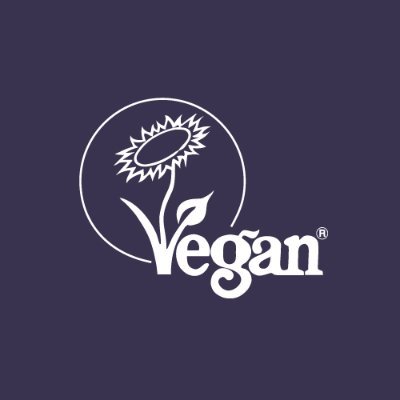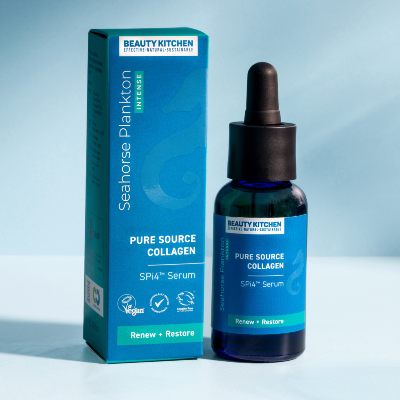Did you know there is no binding legal definition for 'vegan' when it comes to labelling?
This means many products could be mistaken as vegan when they are not. For example, products containing 'vanilla' scents might not seem problematic, but often this scent is derived from beavers
With so many terms used by brands, like 'vegan friendly', 'vegan' and 'cruelty-free', it can be tricky knowing what's authentically vegan.
Excluding all forms of exploitation of, and cruelty to, animals for food, clothing or any other purpose, as far as is possible and practicable. Find out more about the definition of veganism.
This term is usually used in relation to cosmetics and personal care and refers to products that are not tested on animals.
No. Cruelty-free only refers to whether or not the brand has conducted animal testing on the product. A cruelty-free product can still contain or involve the use of animal-based products in the end product or its manufacture.

What is vegan labelling?
The Vegan Society's Vegan Trademark is the oldest vegan labelling scheme and the gold standard. As well as ensuring products carrying this symbol are not tested on animals by the company or on its behalf, it also means the product contains no animal ingredients. What's more, it's the simplest, most trusted way for consumers to easily spot a vegan product.
How can I make sure a product is vegan?
Look for the Vegan Trademark on products and ask your favourite brands to guarantee their products are vegan by The Vegan Society's robust standards!
Drop them a message to let them know how much it means to you and point them to the Vegan Trademark. Our aim is to make veganism more accessible to everyone by supporting brands to bring certified vegan products to shelves.
The email template below can support you in contacting brands whose products you'd love to see certified by the Vegan Trademark.
Email template – encourage brands to get certified!


